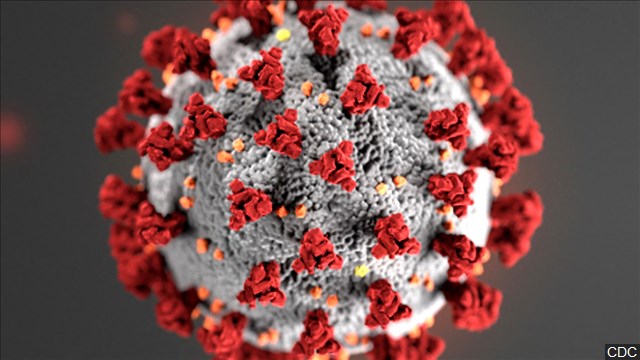The global health and economic crisis set off by the COVID-19 pandemic underscores the need for reliable energy access – whether for health facilities to treat patients and store vaccines, for pumps to supply communities with clean water, or to give people the benefits of digital communication technologies. The latest edition of Tracking SDG 7: The Energy Progress Report shows promising progress on Sustainable Development Goal (SDG) 7, which calls for universal access to affordable, reliable, sustainable and modern energy. It cautions, however, that COVID-19 could derail these advances unless urgent action is taken to ensure sustainable energy is an integral part of the global COVID-19 response. Stimulus and recovery measures provide a unique opportunity to accelerate the energy transition driven by renewables while leaving no one behind.
Since 2010, the number of people without access to electricity fell from 1.2 billion worldwide to some 789 million in 2018. Off-grid renewables have been crucial in this development, providing basic energy services to an estimated 136 million people in 2018, primarily through standalone solar home systems and solar lighting, but also via mini-grids. Yet without more vigorous intervention, around 620 million people could remain without electricity in 2030, the report finds. Some 85% of those would be in Sub-Saharan Africa, adding to various humanitarian concerns. The impact of COVID-19, meanwhile, threatens to worsen the access shortfall.
As the virus continues spreading, it could hit developing countries with weak health care systems hardest – especially those with limited electricity access. Expanding access to reliable modern energy services would help to address the immediate health crisis and also support a broader, longer-term economic recovery. Accelerated uptake of renewables both on-grid and off-grid would boost economic growth and bring broader socio-economic benefits. IRENA’s recent Global Renewables Outlook shows how the combination of renewables and efficiency would add 2.4% more to global GDP in 2050 compared to current plans in the energy sector. Jobs in renewable energy could reach 42 million globally by 2050, four times their level today.
Stepping up progress on SDG 7 requires stronger political commitment as well as comprehensive enabling frameworks, long-term energy planning and increased public and private financing as part of post-pandemic stimulus and recovery packages. The ability of different countries to accelerate their progress on SDG 7 while at the same time dealing with an unprecedented health crisis varies greatly in terms of availability of resources. In this context, this year’s SDG 7 report tracks, for the first time, international public financial flows to developing countries in support of clean and renewable energy. While these flows have doubled since 2010, they are not yet reaching those most in need. In 2017, only about 12% went to Least Developed Countries (LDCs).
Now more than ever is time for bold international co-operation and innovative partnerships. To mobilise capital for renewable energy projects in developing countries, IRENA and key partners launched the Climate Investment Platform (CIP). Through CIP engagement and activities, IRENA aims to scale up action with its global membership and partners to accelerate the energy transition. By channeling investment and guiding policy intervention, we aim to contribute to a better future for everyone.
Follow IRENA and Francesco La Camera on Twitter for the latest. —————-
IRENA produces the Tracking SDG 7 report jointly with the International Energy Agency (IEA), the United Nations Statistics Division (UNSD), the World Bank, and the World Health Organization (WHO). The work of the 2020 edition was chaired by IRENA.


